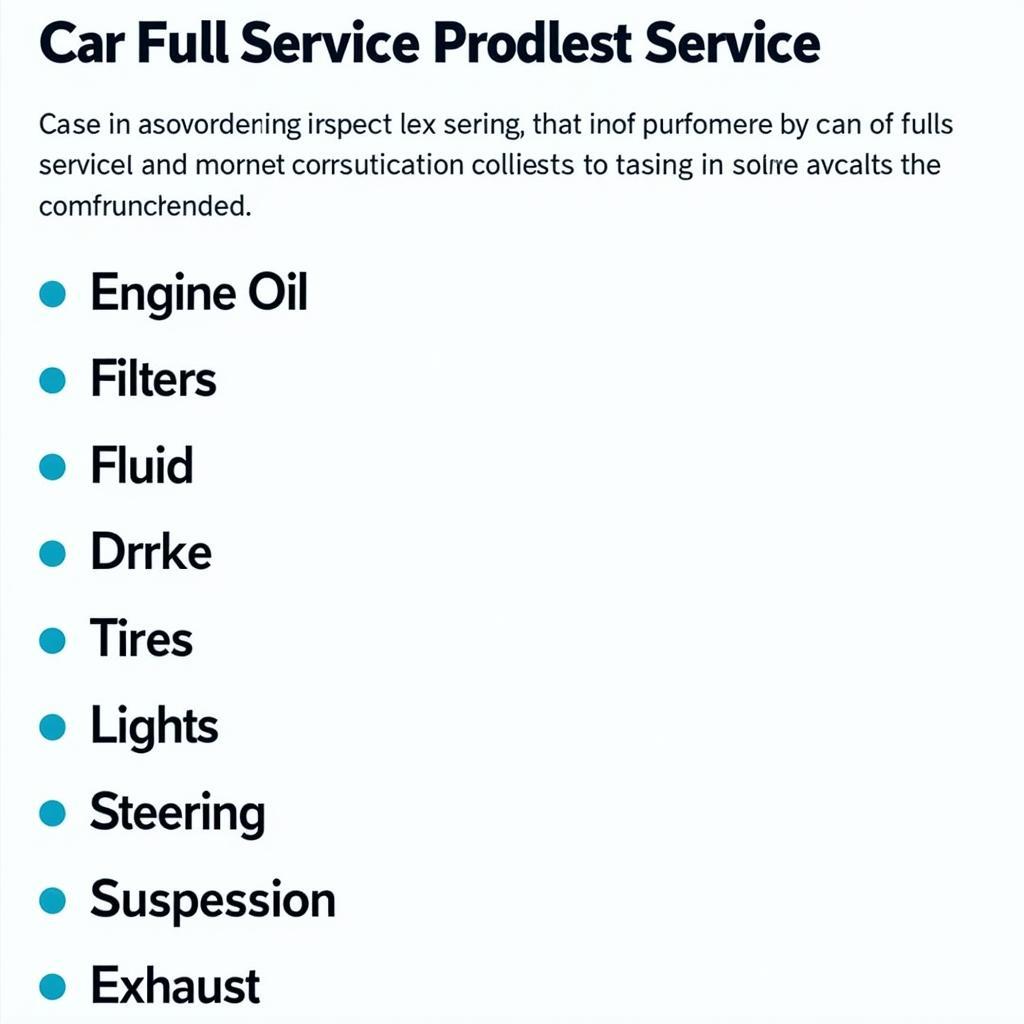Who Pays for Healthcare Services in the US?
Navigating the American healthcare system can feel like trying to decipher a foreign language, especially when it comes to figuring out “Who Pays For The Health Care Services?”. The answer, unfortunately, isn’t as simple as pointing to a single entity. It’s a complex web of shared responsibility involving individuals, employers, and the government. Let’s break down this intricate system to understand who pays for what.
The Big Three: Players in the Healthcare Payment Game
The responsibility of footing the bill for healthcare services is largely split between three main players:
- Individuals: Yes, you play a direct role! This comes in the form of out-of-pocket expenses like co-pays, deductibles (the amount you pay before your insurance kicks in), and co-insurance (a percentage of the cost you share with your insurer).
- Employers: Many employers offer health insurance plans as part of their benefits package. They typically share the cost of premiums with their employees.
- Government: The government plays a significant role through programs like Medicare (for seniors and certain individuals with disabilities), Medicaid (for low-income individuals and families), and the Children’s Health Insurance Program (CHIP).
 US Healthcare Payment Breakdown
US Healthcare Payment Breakdown
Unpacking the Different Types of Healthcare Coverage
Understanding who pays for healthcare services requires a look at the different ways Americans access coverage:
- Employer-Sponsored Insurance: This is the most common type of coverage, where employers offer health insurance plans, often through private insurance companies.
- Individual Private Insurance: Individuals can purchase health insurance plans directly from private insurers, especially through the Health Insurance Marketplace established under the Affordable Care Act.
- Government Programs: Medicare, Medicaid, and CHIP provide essential coverage for millions of Americans who qualify based on age, income, or disability status.
- Out-of-Pocket Payments: Even with insurance, individuals often face out-of-pocket costs. Those without insurance must pay for all medical expenses directly.
Factors Influencing Healthcare Costs
Several factors contribute to the overall cost of healthcare services and influence who ultimately bears the financial burden:
- Aging Population: As the population ages, the demand for healthcare services increases, putting a strain on resources and driving up costs.
- Chronic Diseases: The prevalence of chronic illnesses like diabetes and heart disease necessitates ongoing medical care, leading to higher healthcare expenses.
- Technological Advancements: While new technologies offer groundbreaking treatments, they often come with hefty price tags, impacting overall healthcare spending.
The Quest for Affordable Healthcare: Ongoing Challenges and Debates
 Healthcare Cost Debate
Healthcare Cost Debate
The US healthcare system faces ongoing challenges in terms of affordability and access. Debates rage on about the best ways to control costs, expand coverage, and ensure quality care for all Americans. Some key areas of focus include:
- Price Transparency: Making healthcare costs more transparent can empower patients to make informed decisions and potentially drive down prices through competition.
- Preventive Care: Investing in preventive care measures can help identify and manage health issues early on, potentially reducing the need for costly interventions later.
- Prescription Drug Costs: Addressing the rising cost of prescription drugs is crucial for ensuring access to life-saving medications.
Seeking Answers: Finding Resources and Information
Navigating the complexities of healthcare payments can be overwhelming. Here are some valuable resources for further information and assistance:
- Healthcare.gov: The official website for the Health Insurance Marketplace offers resources on understanding health insurance options and financial assistance programs.
- Medicare.gov: Provides comprehensive information about Medicare eligibility, enrollment, and coverage.
- Medicaid.gov: Offers resources on Medicaid eligibility and enrollment, varying by state.
Your Healthcare Journey: Staying Informed and Making Wise Choices
Understanding “who pays for the health care services” is essential for every individual navigating the US healthcare system. By grasping the roles of different stakeholders and staying informed about coverage options, you can make empowered decisions about your health and finances.
Remember, knowledge is power, especially when it comes to managing your healthcare journey.
How often service check on car is an important question to ask, and so is understanding your healthcare coverage. Just like maintaining your car, maintaining your health requires proactive engagement and informed choices.

